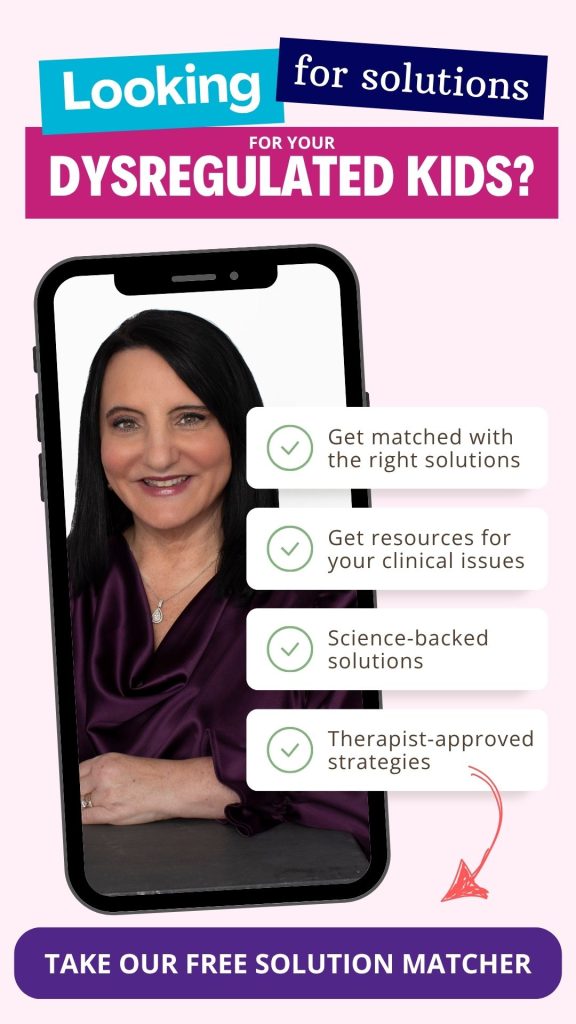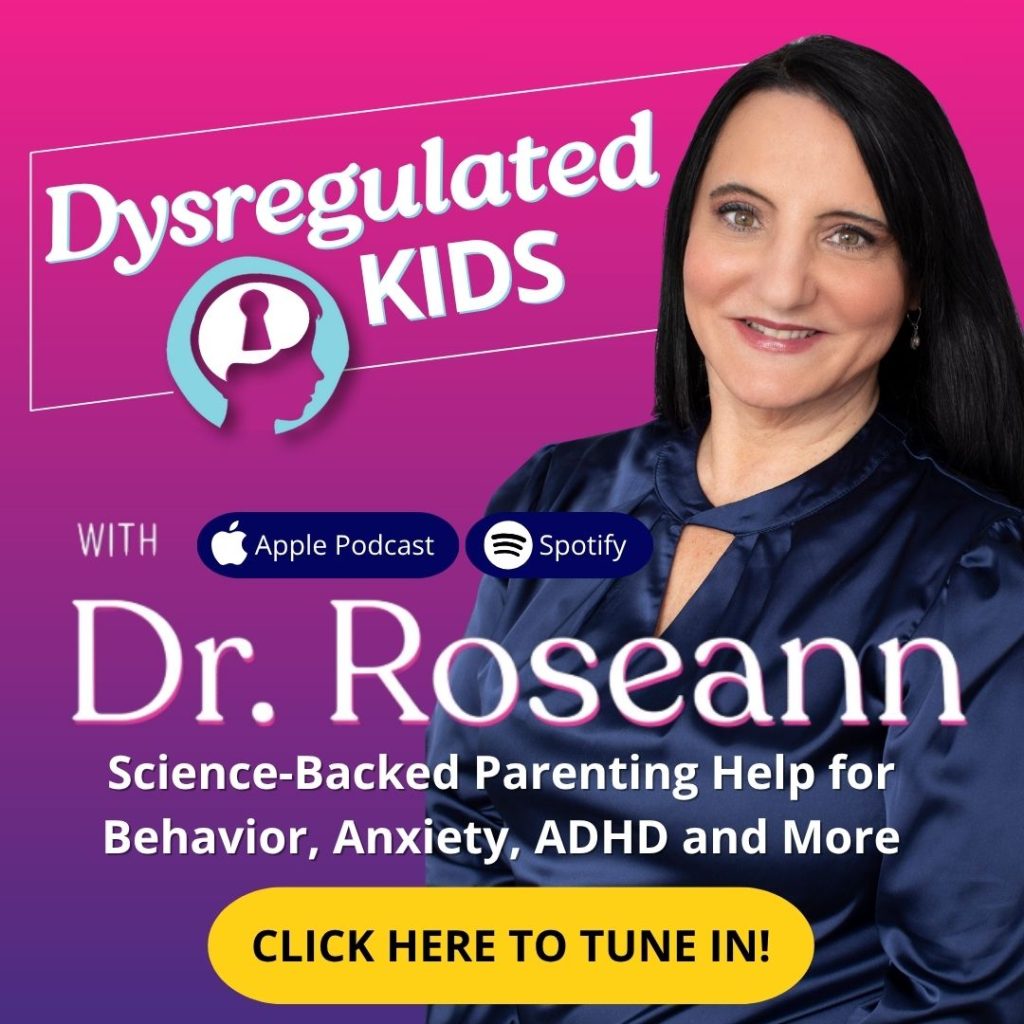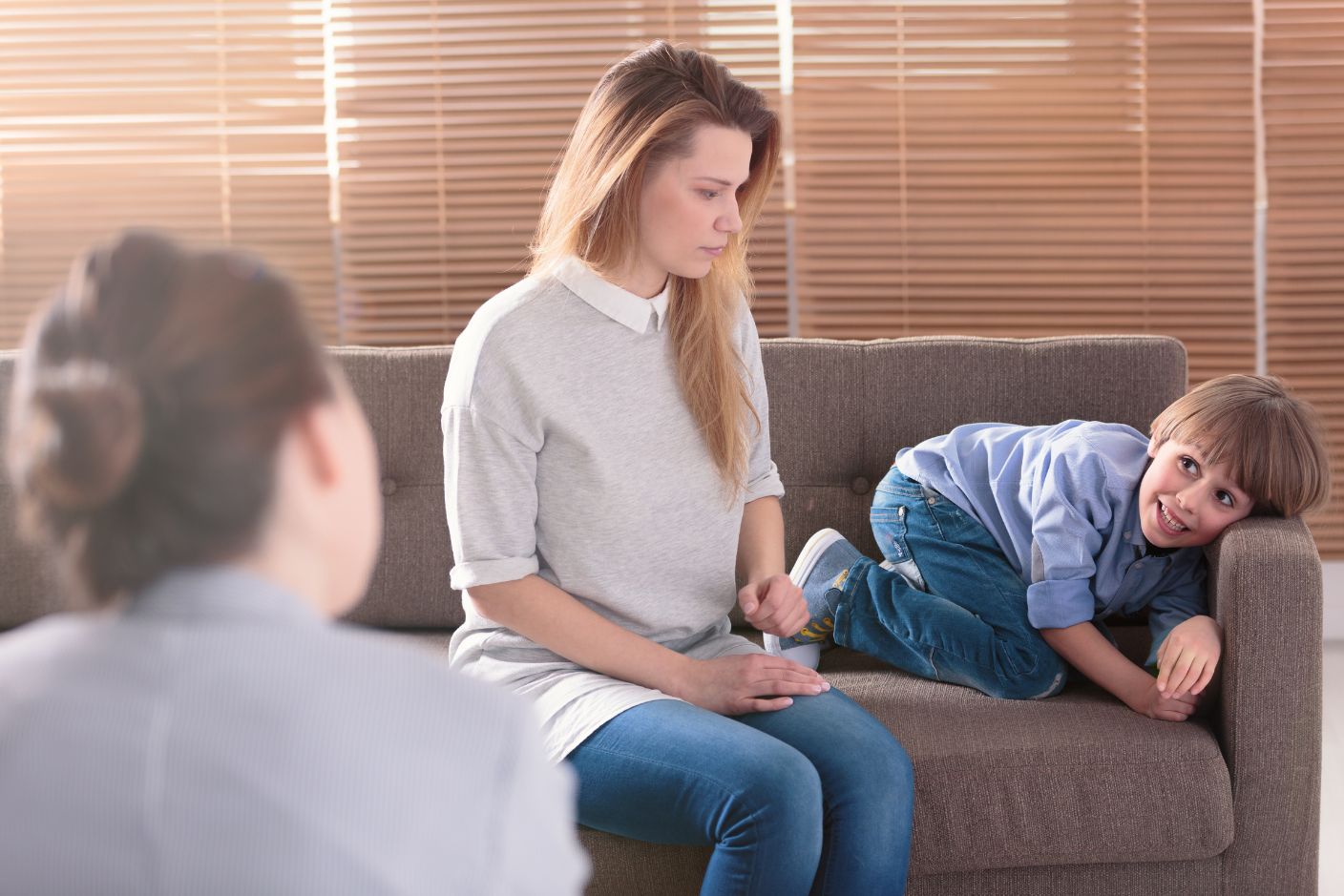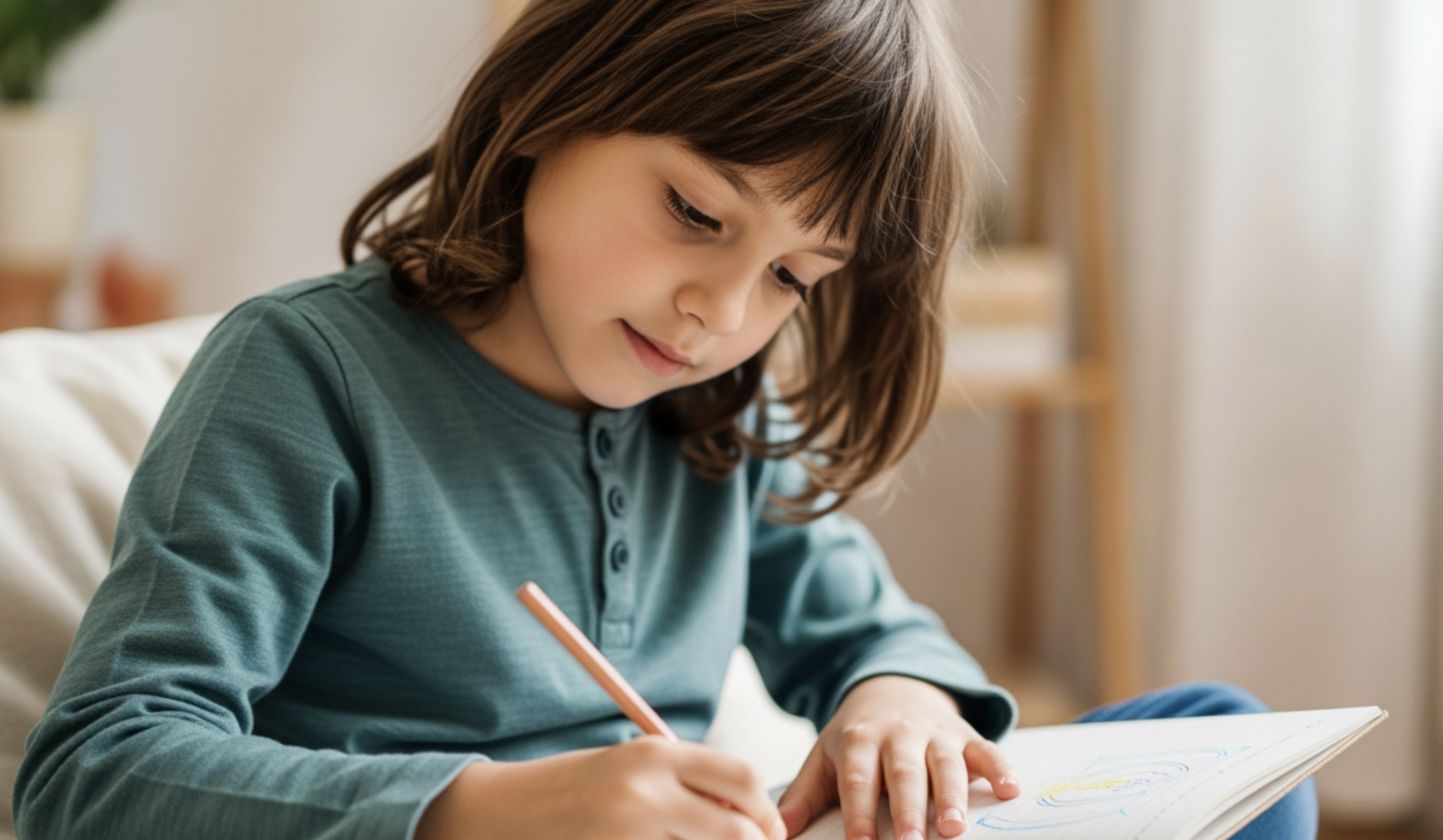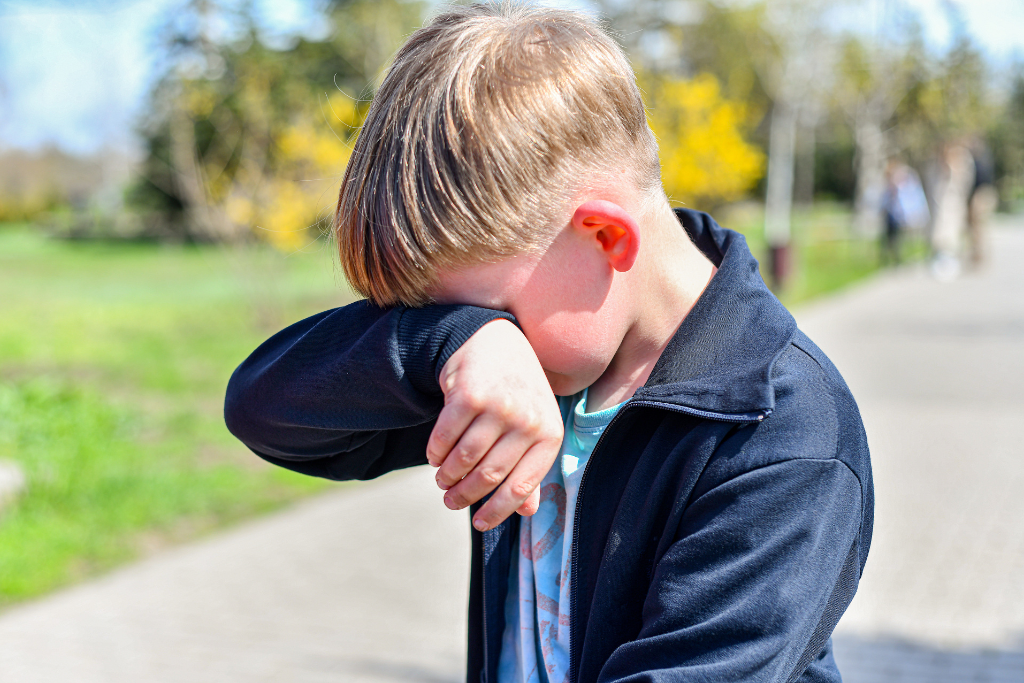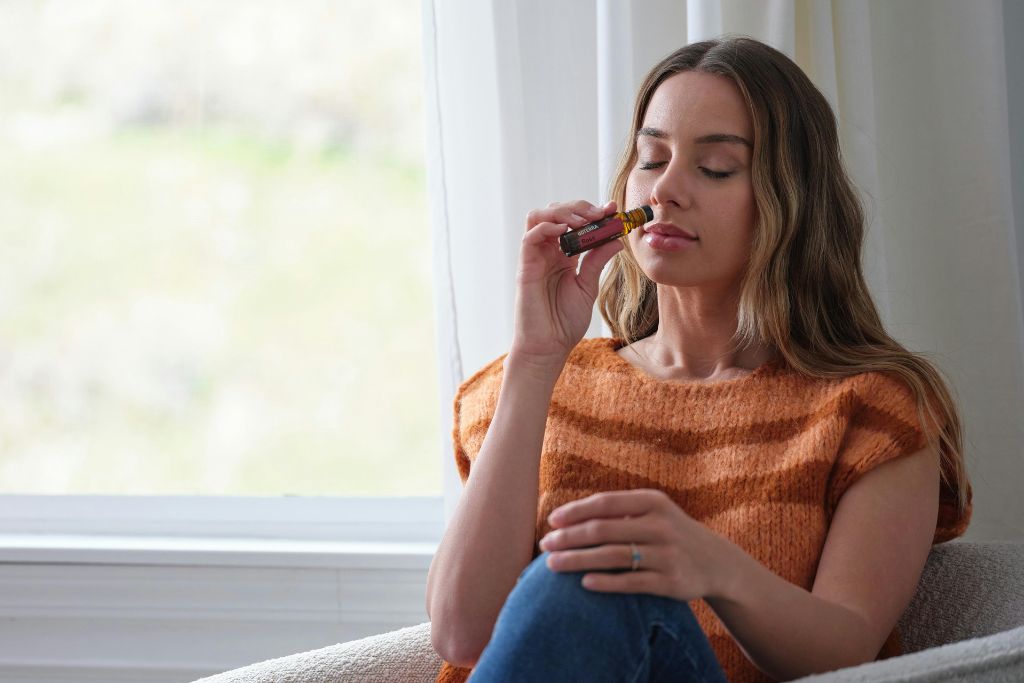
Estimated reading time: 7 minutesWhat if calming your child’s nervous system could start with something as simple as scent?
If your child’s behavior feels out of control lately, you’re not alone.
Whether it’s meltdowns over small things, constant restlessness, or big emotional swings, these are often signs of a nervous system in overdrive. As a parent, it’s heartbreaking—and frustrating—when nothing seems to work.But what if a natural, science-backed tool could support your child’s regulation from the inside out?In this guide, we’ll explore how essential oils can help support nervous system health and emotional regulation, especially for kids struggling with ADHD, anxiety, OCD, and other dysregulation-related challenges.

What is the Connection Between Essential Oils and the Nervous System?
Essential oils impact the brain faster than you think. When you inhale a calming oil like lavender, molecules travel through your nose and directly to your brain’s limbic system—the area responsible for emotion, memory, and the stress response.That means essential oils can directly influence:
- Vagal tone and parasympathetic activation
- Emotional regulation and nervous system balance
- Brain chemicals like dopamine, serotonin, and GABA
How Can Essential Oils Support Emotional Regulation?
Behavior is communication—and often, it’s your child’s nervous system saying “I’m not OK.”When used consistently, essential oils can help reduce reactivity, increase calm, and strengthen the ability to pause before a meltdown. Oils like:
- Frankincense – promotes grounding and calm
- Ylang Ylang – balances emotional highs and lows
- Cedarwood – supports sleep and stability
Julia, mom of a 10-year-old with sensory overload, started using a nightly lavender diffuser routine. “Within a week, bedtime meltdowns were down by 70%. It was the first time we had calm nights.”Takeaway:Calm the brain first—then behavior follows.

Which Essential Oils Are Best for Brain Health and Focus?
Kids with ADHD or learning struggles often have dysregulated attention. Certain oils support brain health and cognitive function by boosting circulation, oxygen, and neurotransmitter balance.Top oils for brain health include:
- Rosemary – improves focus and memory
- Peppermint – increases alertness and clarity
- Basil – supports cognitive processing
Can Aromatherapy Help With Anxiety and Stress in Kids?
Absolutely. Chronic anxiety is often a sign of nervous system dysregulation, not a personality flaw. Aromatherapy offers quick-acting, non-verbal relief that bypasses the thinking brain.Helpful oils for anxiety and stress:
- Lavender – activates GABA, the “calm brain” neurotransmitter
- Vetiver – deeply grounding and stabilizing
- Bergamot – uplifts while reducing cortisol
Are Essential Oils Safe for Children’s Nervous System Health?
Yes—when used properly.Here’s how to ensure safe and effective use:
- Always dilute with a carrier oil (like coconut or jojoba) before skin application
- Use child-safe oils only—avoid hot oils like cinnamon or oregano
- Diffusion is safest for young children (5–10 minutes to start)
- Look for pure, third-party tested oils
Important: Avoid essential oil use in children under 2 without expert guidance.Amira, mom of a 7-year-old with PANS, learned to use eucalyptus and cedarwood to calm nighttime anxiety. “We follow Dr. Roseann’s rule: start low, go slow. It made a huge difference.”
Top Essential Oils by Symptom” Cheat Sheet
Symptom / ConditionEssential OilsAnxietyLavender, vetiver, bergamotOCDFrankincense, clary sage, lavenderFocus/ADHDRosemary, peppermint, basilSleepCedarwood, Roman chamomile, lavenderSensory/ASDYlang ylang, vetiver, frankincense

What Conditions May Benefit From Neurological Essential Oils?
Essential oils are not a cure—but they can support nervous system regulation in kids with:
- Focus, Attention and ADHD – Essential oils like rosemary and peppermint may help boost focus and reduce overstimulation, offering support for kids who struggle with impulsivity and attention.
- OCD – Oils such as lavender, vetiver, and frankincense help calm the overactive brain and reduce nervous system hyperarousal, which is especially helpful in managing obsessive thoughts and compulsive behaviors. Read more about essential oils for OCD.
- Stress and Anxiety– Essential oils work with the body’s stress response system to lower cortisol levels, ease physical tension, and activate the parasympathetic nervous system. Lavender, bergamot, and chamomile are especially effective for calming anxious minds. Learn more about essential oils for stress and anxiety
- Autism Spectrum Disorders (ASD) – Gentle, grounding oils can help soothe sensory overload and support transitions and routines that often trigger dysregulation.
- Sensory Processing Issues – Calming scents can reduce environmental overwhelm and help kids remain regulated in high-stimulus settings.
- PANS/PANDAS – While essential oils aren’t a replacement for medical care, they can support emotional regulation and sleep during flares or recovery phases.
- Sleep Disturbances – Oils like cedarwood, lavender, and Roman chamomile can help initiate the body’s natural sleep cycle and improve sleep onset. Explore sleep-supporting oils.
- Chronic Stress and Emotional Overwhelm – Essential oils work with the body’s stress response system to lower cortisol and activate parasympathetic rest-and-digest mode. Learn more about essential oils for stress and anxiety →
Why? Because these are brain-based disorders of dysregulation, and essential oils work on the same systems that are most often impacted:➡ The amygdala, which processes fear and emotion➡ The vagus nerve, the highway to parasympathetic calm➡ Neurotransmitter pathways that influence mood, focus, and behaviorWhen we calm the nervous system first, everything else becomes easier—sleep, learning, transitions, and emotional connection.

How Do You Use Essential Oils for Nervous System Regulation?
Here are practical, daily ways to integrate oils:
- Morning boost: Rosemary or peppermint in diffuser during wake-up routine
- Homework focus: Roll-on blend of basil, frankincense, and lemon
- Evening calm: Lavender, vetiver, or cedarwood in bath or diffuser
- Meltdown moment: Inhale calming oil from an aromatherapy inhaler

Are Essential Oils Safe?
Yes—essential oils are generally safe when used properly, especially when diffused or applied to the skin in low concentrations.Here’s what every parent should know:
- Always dilute oils with a carrier oil like coconut or jojoba before applying to the skin—stick to 5% dilution or less to avoid irritation.
- Use a proper diffuser (not a humidifier or nebulizer) made to handle essential oils safely.
- Avoid ingesting oils unless directed by a qualified herbalist or naturopath.
- Food-grade oils like lemon or lime can be added to food or water—but only when clearly labeled safe for ingestion.
- Pet safety matters. Some oils are toxic to animals—check the Pet Poison Helpline before using oils around cats and dogs.
- Do a patch test: Apply a small diluted amount to your child’s arm and wait 24–48 hours before broader use.
Start low, go slow. Safety and consistency are the keys to making essential oils a safe and effective part of your daily routine.
Essential Oil Safety for Kids: Do’s and Don’ts
✅ Do❌ Don’tDilute with a carrier oilApply undilutedUse a proper diffuserUse hot oils directly on skinPatch test before full useIngest oils without professional guidanceUse kid-safe oils onlyDiffuse near pets without checking for toxicity
Using Essential Oils in Everyday Parenting
Essential oils don’t have to be complicated to be effective. When woven into the rhythms of your day, they can become powerful tools for calming the brain and building emotional safety.Erika, a mom of two neurodivergent boys, uses frankincense in a car diffuser during transitions.
“It helps them stay grounded on the way to school—our mornings used to be chaos.”
James, dad of a teen with OCD, swears by lavender and clary sage at bedtime.
“It became our wind-down ritual, and now she asks for it when she’s overwhelmed.”
You don’t have to do everything perfectly. Small, consistent shifts create lasting change in the nervous system.
Expert Quotes
“Aromatherapy has a powerful effect on the autonomic nervous system, and oils like lavender and bergamot consistently reduce heart rate and cortisol.” — Dr. Mahmoud Mansour, Professor of Neuropharmacology
“Essential oils stimulate the olfactory nerve, which is the only cranial nerve directly linked to the limbic system—the emotional center of the brain.” — Dr. Daniel Goleman, author of Emotional Intelligence

Final Thoughts + Regulation Resources
Essential oils aren’t magic—but they are a powerful nervous system tool when used intentionally. Whether your child is anxious, unfocused, or emotionally reactive, calming the brain naturally is the first step to lasting change.Remember:It’s not bad behavior—it’s a dysregulated brain.Want weekly brain-based tips that actually help?Join thousands of parents who get The Dysregulation Insider—our free newsletter filled with expert advice, calming strategies, and practical tools to support your child.Start making sense of your child’s behavior—and discover what really works.Subscribe now: www.drroseann.com/newsletter
Frequently Asked Questions
What essential oils help regulate the nervous system?
Lavender, frankincense, vetiver, rosemary, cedarwood, and bergamot are among the most effective.
Are essential oils safe for kids with ADHD or anxiety?
Yes, when used properly. Stick to kid-safe oils and always dilute.
How long does it take to see benefits?
Some effects (like calm from lavender) are immediate, while others build with consistent use.
Can essential oils replace medication?
No, but they can be a powerful part of a natural treatment plan alongside other supports.
How often should I use essential oils?
Daily use—morning and night routines—helps regulate the nervous system most effectivelyCitationsAyaz, M., Sadiq, A., Junaid, M., Ullah, F., Subhan, F., & Ahmed, J. (2017). Neuroprotective and Anti-Aging Potentials of Essential Oils from Aromatic and Medicinal Plants. Frontiers in Aging Neuroscience, 9(168). https://doi.org/10.3389/fnagi.2017.00168Damian, P., & Damian, K. (1995). Aromatherapy: Scent and Psyche: Using Essential Oils for Psychological and Physical Well-being. Healing Arts Press.Koulivand, P. H., Khaleghi Ghadiri, M., & Gorji, A. (2013). Lavender and the Nervous System. Evidence-Based Complementary and Alternative Medicine. https://www.hindawi.com/journals/ecam/2013/681304/Dr. Roseann is a mental health expert in Self-Regulation who frequently is in the media:
- Healthline Understanding Self-Regulation Skills
- Scary Mommy What Is Self-Regulation In Children, And How Can You Help Improve It?
- The Warrior Parent Podcast It's Gonna Be OK! Changing Behaviors and Responses (And The Magic of Magnesium)In Your Family with Dr. Roseann Capanna-Hodge
Always remember... “Calm Brain, Happy Family™”
Disclaimer: This article is not intended to give health advice and it is recommended to consult with a physician before beginning any new wellness regime. *The effectiveness of diagnosis and treatment vary by patient and condition. Dr. Roseann Capanna-Hodge, LLC does not guarantee certain results.
Are you looking for SOLUTIONS for your struggling child or teen?
Dr. Roseann and her team are all about science-backed solutions, so you are in the right place!

©Dr. Roseann Capanna-Hodge

%20.png)



